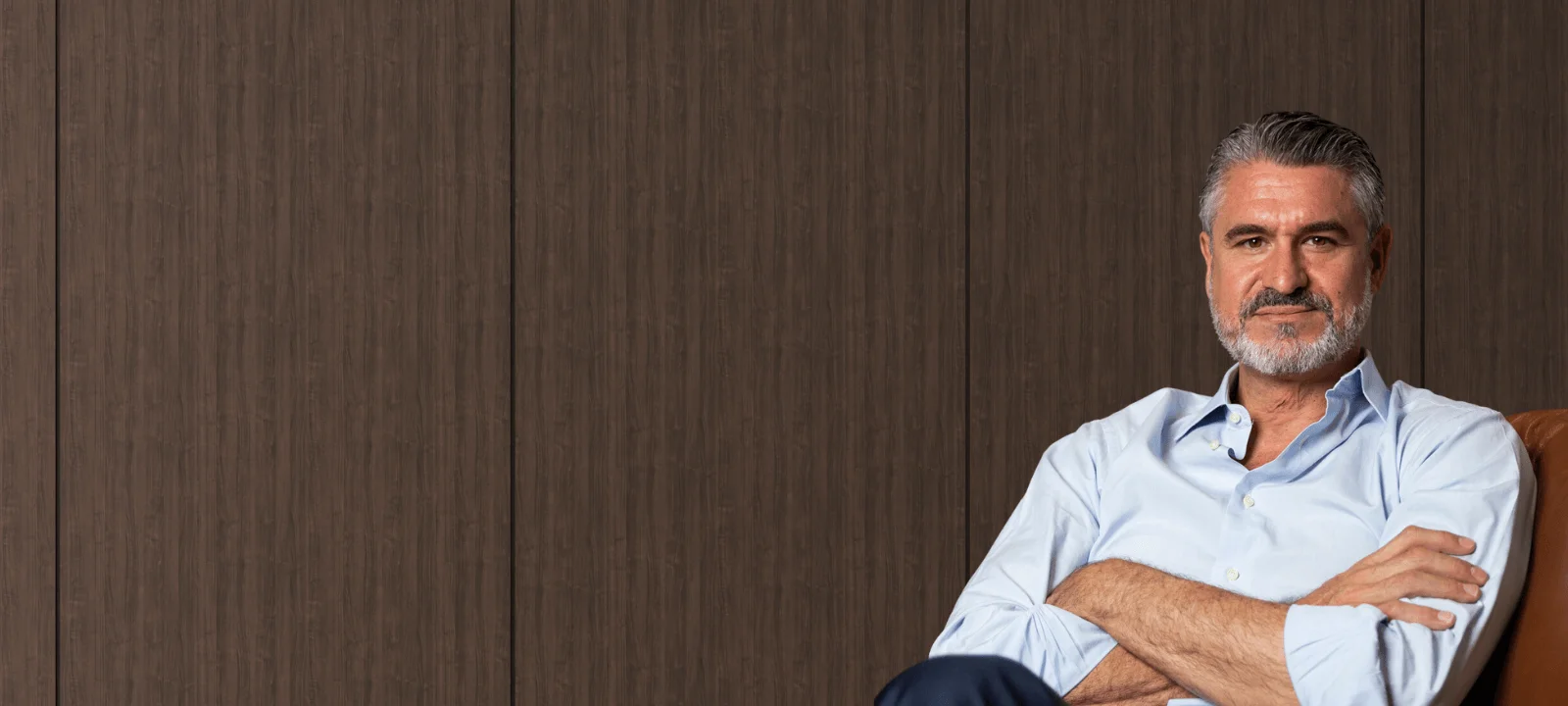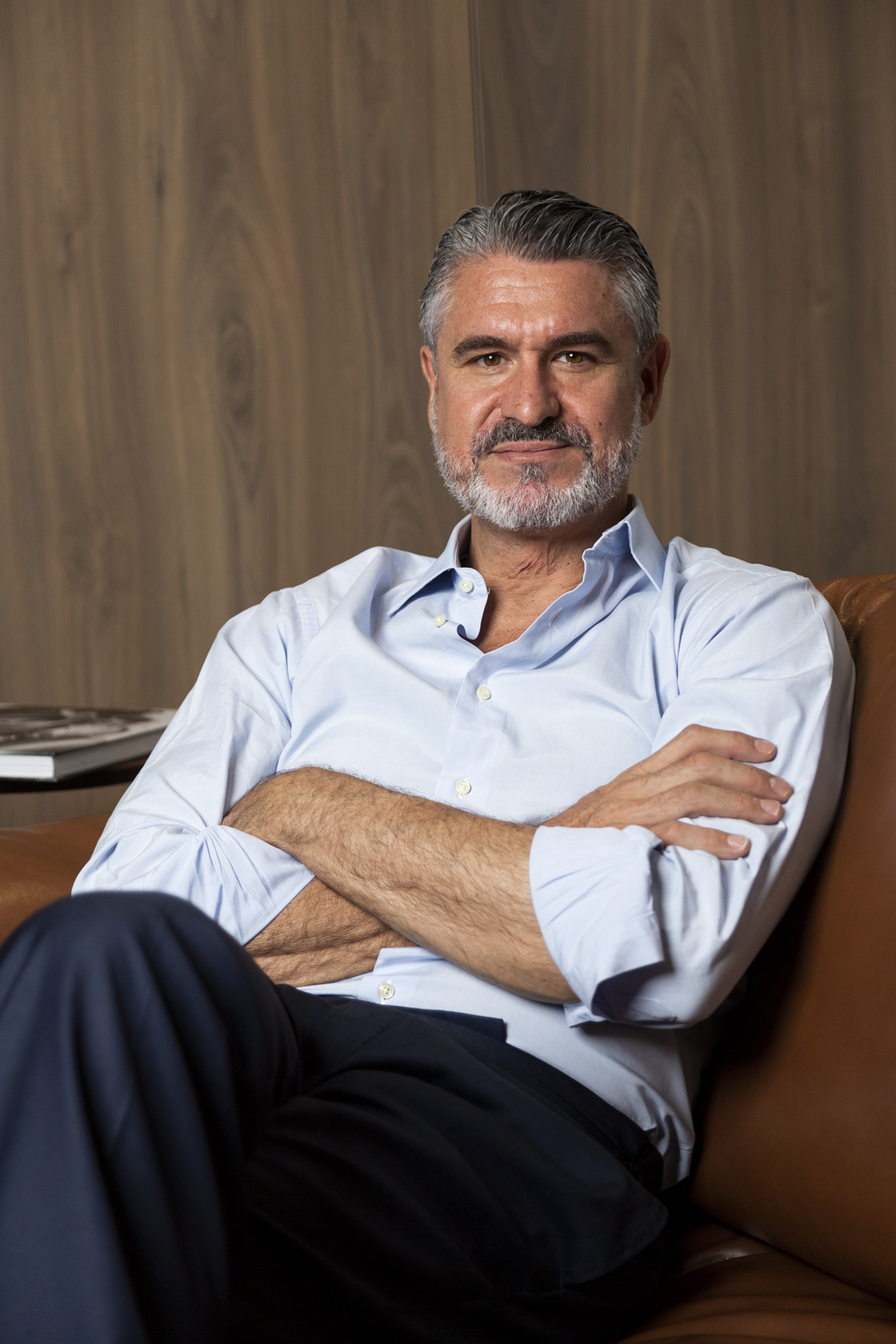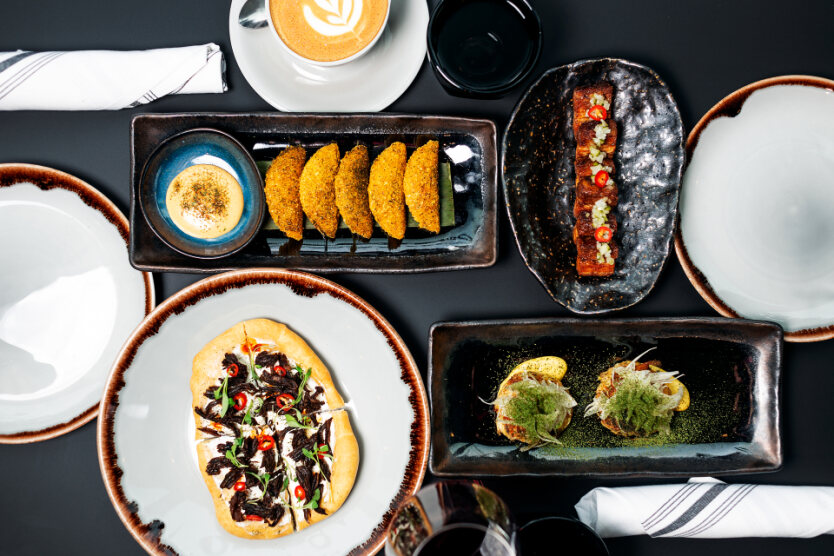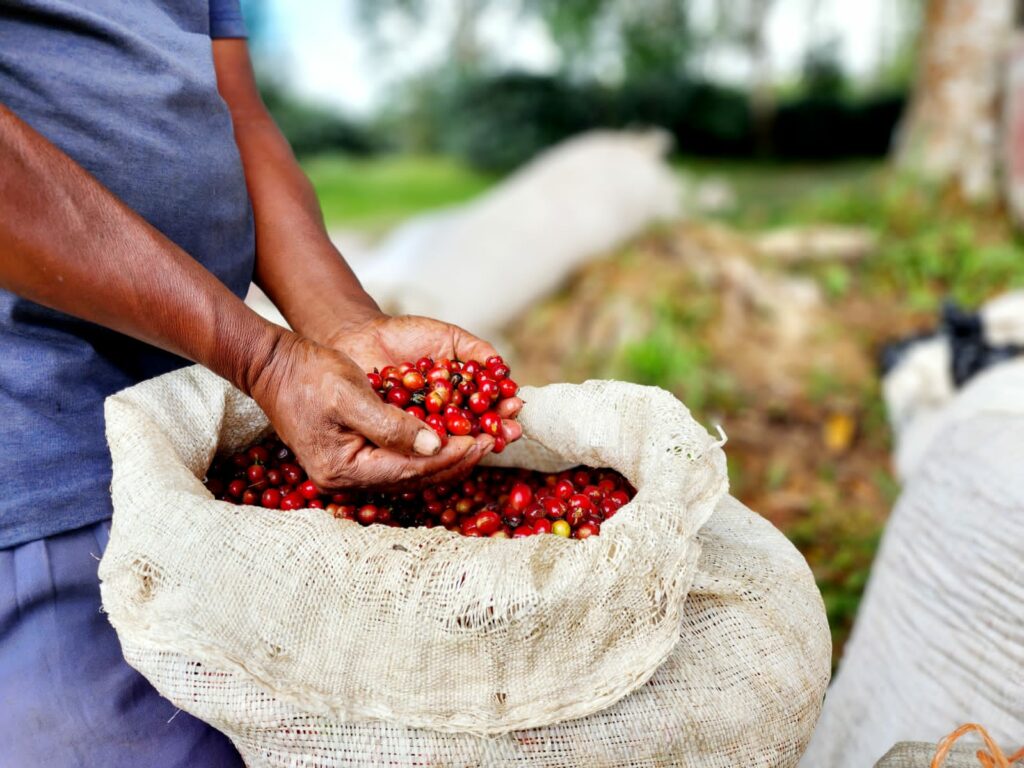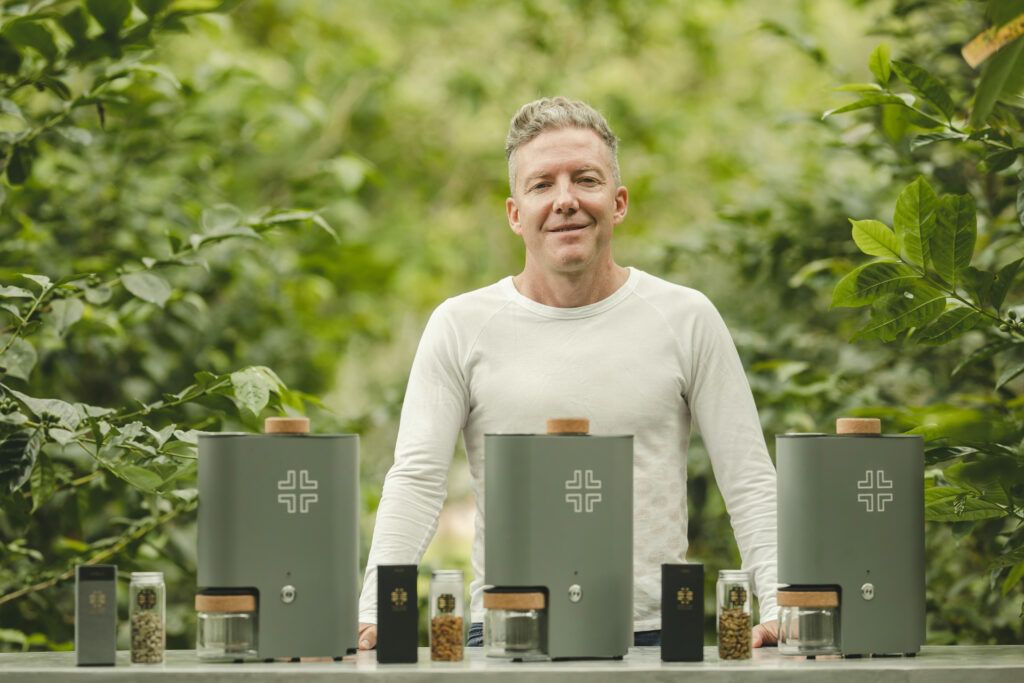Guillermo Saint Malo Eleta, CEO of the Eleta conglomerate, believes that in order to grow, it is necessary to concentrate efforts and risks in one industry or business, while diversifying.
Eleta is a Panamanian group that owns a portfolio of diverse companies in the energy, telecommunications and media, tourism, real estate, agribusiness and technology sectors.
Under the current leadership of Guillermo de Saint Malo Eleta, as its CEO, the group, which already has 60 years of experience, has recently become involved in technology investment and entrepreneurship.
Guillermo, the eldest grandson of founder Fernando Eleta Almarán, has made a strong commitment to investing in alternative energies, and has followed the line of business diversification as a basic strategy for growth. Following is a glimpse of his business vision.
What is Eleta’s strategy to get ahead in a complex global context such as the current one (inflation, recession, war)?
-At Eleta we see complexity as a great opportunity, for which we have agile, flexible and committed teams. Undoubtedly, inflation and rising interest rates generate additional pressures, but those challenges are precisely the ones that open opportunities for those who have the necessary talent to act and capitalize.
Your investment portfolio is very diverse, what is the reason for this approach?
-This diversification is in line with our investment plan and execution path. To grow, on the one hand, we concentrate our efforts and risk in one industry or business, and on the other, we diversify to protect ourselves and reduce risk. The balance of the two is our formula.
What are the business opportunities you are looking at at the moment and on which you could bet or are already betting?
-We are committed to the energy sector, tourism and agriculture as axes of development.We are attracted to spaces that generate positive, strong and sustainable benefits. These three verticals generate tangible benefits for their different stakeholders and especially for the communities that host these projects. Under this vision, the companies linked to Eleta have developed a level of resilience and spirit of innovation that has allowed us to remain competitive in complex environments, and to generate sustenance for thousands of Panamanian families.
In the sustainable issue, you have had the vision of betting on renewable energy generation, what is the strategy or plans you are following?
-Since our incursion into the electricity sector, our main goal has been the generation of renewable energy. We have investments in hydroelectric plants, as well as in solar plants. In addition to generating energy in a clean way, our natural wealth is sun and water, and that is precisely what we must take advantage of.
At Eleta, we believe that access to energy in its different forms is an indispensable prerequisite for socioeconomic development. For this reason, we are working to bring energy to remote communities in Panama through isolated generation systems.
There is another relevant issue which is real estate (both commercial and tourism), how are these businesses doing now, how do they protect themselves from being affected by the economic uncertainty?
-Idea, plan and execution. Only actionable ideas deserve the focus and tourism is precisely the area of great opportunity for Panama. We are convinced that tourism has the capacity to take advantage of the natural and cultural heritage of our country, to generate prosperity in a sustainable and inclusive way for all.
Panama is the most connected country in the region, has the dollar as its currency, a workforce eager to express itself and a raw heritage that is ready to be developed. Our incalculable natural and cultural wealth, as well as varied microclimates in a small geography highlight the rich biodiversity it has to offer.
We know about the promotion of specialty coffee in Panama, where Eleta also has an investment. What is the panorama there?
-Panama produces not “one of the best”, but the best coffee in the world, and we are participating very actively in this market. Our focus is on participating in the entire chain and thus being vertically integrated, from the agricultural operation to the industrial and commercial operation. We are very enthusiastic about the impact this sector has on the economy and its communities.

One of the benefits of this industry is its impact on tourism.
We have the Coffee Circuit as a tourist product, we export it in its different forms, green or roasted, it is commercialized in coffee shops around the world, like at our United stores in Washington DC, and finally it serves as a promotional mechanism and attracts tourists; in the same way that wine does for France or California.
The role of the private sector should be more responsible, according to the analysis and trends related to organizational culture. How does Grupo Eleta assume this role of greater social and environmental responsibility these days?
Sustainability is a cross-cutting issue that starts with our values. The type of business in which we are involved goes from our production processes to our commitment with our different stakeholders.
We work to ensure that our companies represent long-term positive impacts through employment and educational opportunities, the promotion of sustainable human development, and the preservation of our natural and cultural heritage.
Each of the industries in which we participate has particular processes and needs, which are met by following high operating standards and the principles of excellence and social conscience inherited from Fernando Eleta Almarán, and which we proudly pass on to the new generations and our extended family in the companies that are part of the Group.
A very important example of how we operate is the fact that Café Eleta has been a pioneer in the eradication of child labor in the coffee industry for more than 20 years, providing education to more than 800 children in the Escuelita de Eleta.
What do you consider should be the relationship between private initiative and public power?
-As a citizen and as an entrepreneur, I faithfully believe in the power of associativity between the public and private sectors to guide the progress of the country, as well as in the ingenuity of people to create and generate value to society, through entrepreneurship. The State has the role of setting the rules of the game and making sure that its players comply with them.
Panama has always been thought of as a Central American logistics hub, but with tasks pending in terms of development. What do you consider to be the urgent needs to consolidate the Canal’s leadership in the region?

-Panama has not lost its leadership in this regard, however, the value added to logistics and industries such as pharmaceuticals are areas that we must activate aggressively.
The entire ecosystem around the canal and our airports require focus and accelerated execution in order not to lose opportunities that generate employment, competitiveness and long-term sustainability.
What are the projects you are promoting now, with what expectations and what other plans are there for the future?
-Energy, tourism and coffee are our areas of development and we continue to focus on them. The efforts range from the Caribbean to the opening of Café Unido branches in the United States. These efforts are also areas of opportunity for Panamanians to express themselves in these companies and position the name of Panama.
